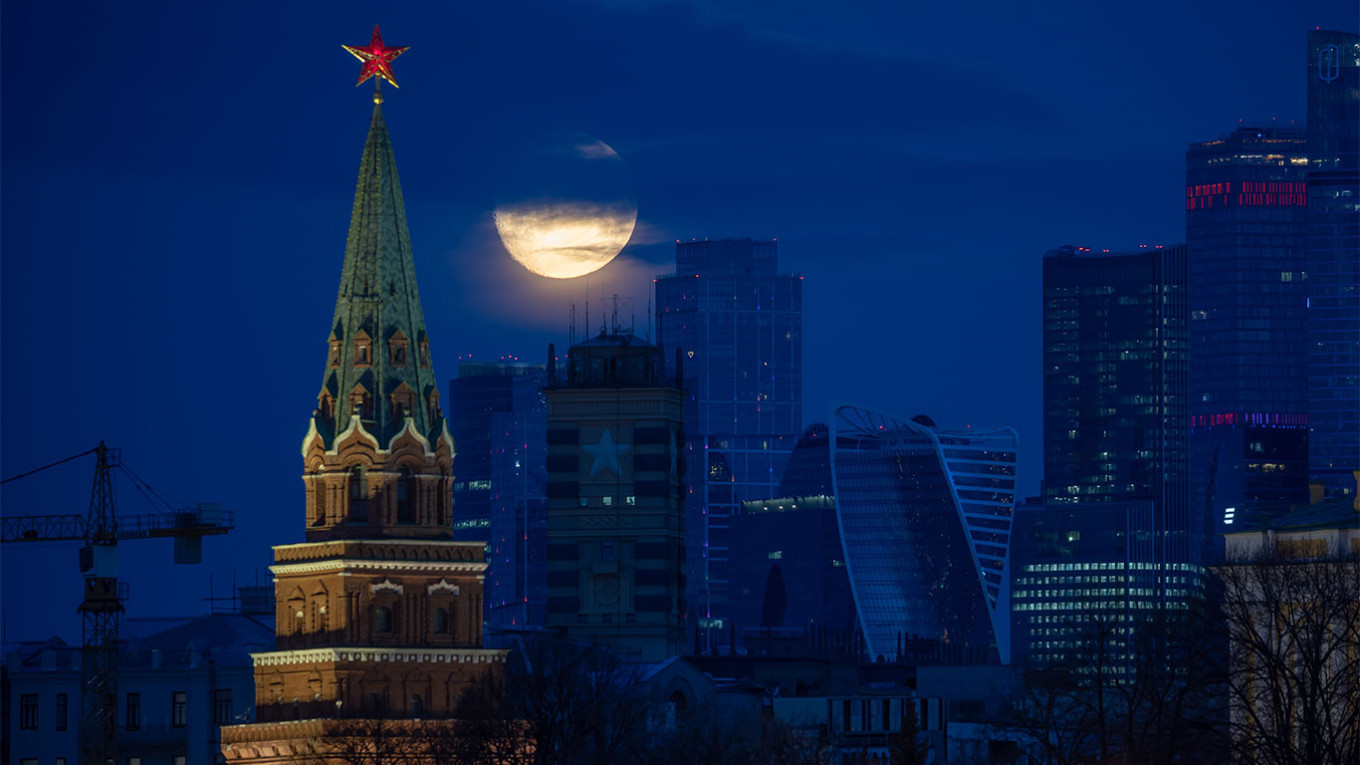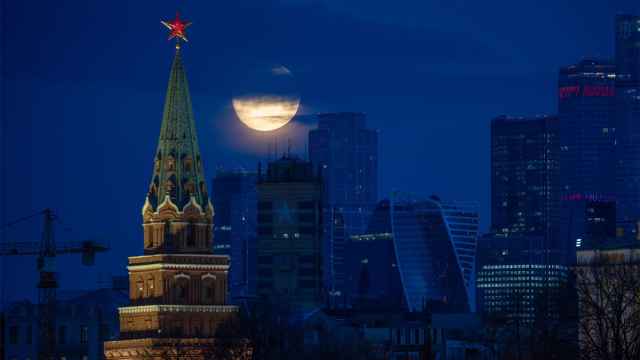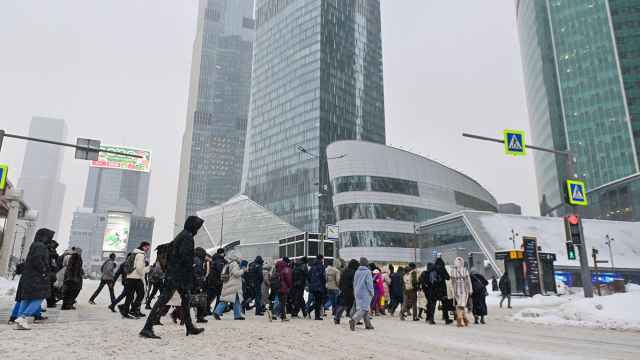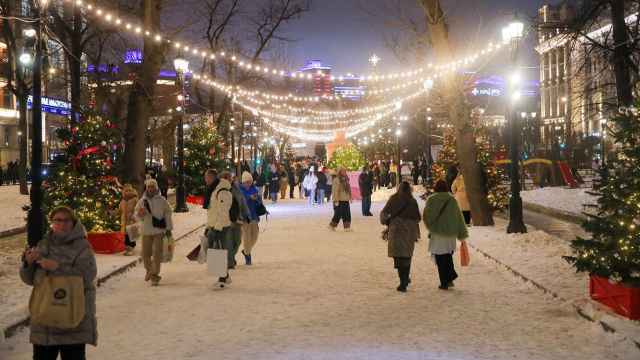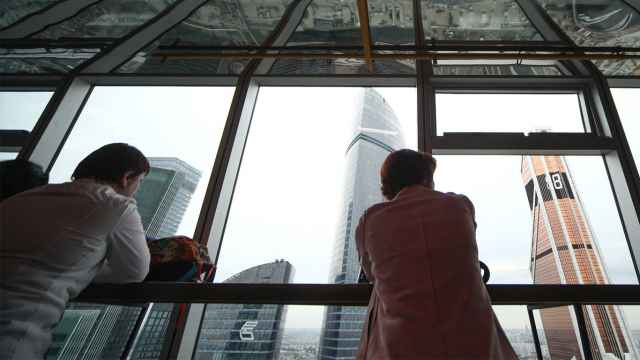Russia’s wartime investment boom is faltering, with the supply of key investment goods shrinking despite heavy government spending, according to research by the Kremlin-linked Center for Macroeconomic Analysis and Short-Term Forecasting (CMASF).
The think tank measured investment activity based on the availability of machinery, equipment and basic construction materials. It found that in the first seven months of 2025, supply was down 5.7% compared with the same period last year and 8.4% below a local peak in the third quarter of 2024. Supply levels are only about 6% higher than the average in 2019.
Data from the state statistics agency Rosstat also point to a sharp slowdown in investment growth. After rising 8.7% year-on-year in the first quarter of 2025, growth eased to 1.5% in the second for a first-half total of 4.3%.
CMASF noted that supply contracted again in July, with a new downward cycle beginning in the second half of the year.
Earlier declines were driven by machinery shortages, but more recently, construction materials have become the main drag.
The think tank stressed its calculations were an indirect measure of investment, based on domestic output and imports minus exports of key goods.
Inventory changes were not included, even though many firms have been drawing down reserves this year as high interest rates limit financing options.
The Central Bank has said the reduction in inventories shaved growth from first-quarter GDP.
Intangible investments, such as replacing foreign software with Russian equivalents, are also excluded. CMASF estimated that such substitutions cost the economy 1.6 trillion rubles ($18.9 billion) in 2024.
Despite headline figures showing a 36.5% increase in investment between 2020 and 2024, GDP grew only 10.1% over the same period — the widest gap in 15 years, CMASF said.
Analysts attributed the poor returns to the low quality of investments, their heavy concentration in Moscow and surrounding regions and their “forced” character — whether in IT, construction or logistics as companies sought to adapt to sanctions.
Military procurement is also counted as investment but cannot be separated from official statistics, economists note.
A Message from The Moscow Times:
Dear readers,
We are facing unprecedented challenges. Russia's Prosecutor General's Office has designated The Moscow Times as an "undesirable" organization, criminalizing our work and putting our staff at risk of prosecution. This follows our earlier unjust labeling as a "foreign agent."
These actions are direct attempts to silence independent journalism in Russia. The authorities claim our work "discredits the decisions of the Russian leadership." We see things differently: we strive to provide accurate, unbiased reporting on Russia.
We, the journalists of The Moscow Times, refuse to be silenced. But to continue our work, we need your help.
Your support, no matter how small, makes a world of difference. If you can, please support us monthly starting from just $2. It's quick to set up, and every contribution makes a significant impact.
By supporting The Moscow Times, you're defending open, independent journalism in the face of repression. Thank you for standing with us.
Remind me later.


